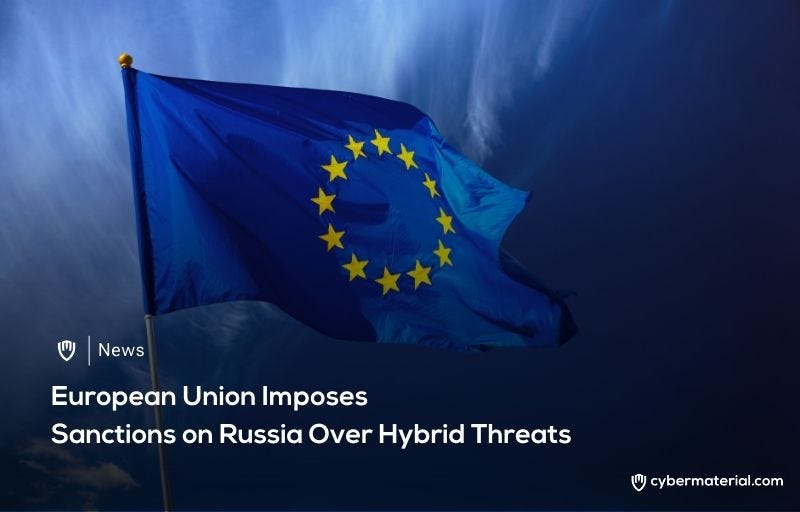
The European Union (EU) has announced its first-ever sanctions in response to Russia’s increasing hybrid threats targeting member states and international partners. On December 16, 2024, the European…

The European Union (EU) has announced its first-ever sanctions in response to Russia’s increasing hybrid threats targeting member states and international partners. On December 16, 2024, the European…